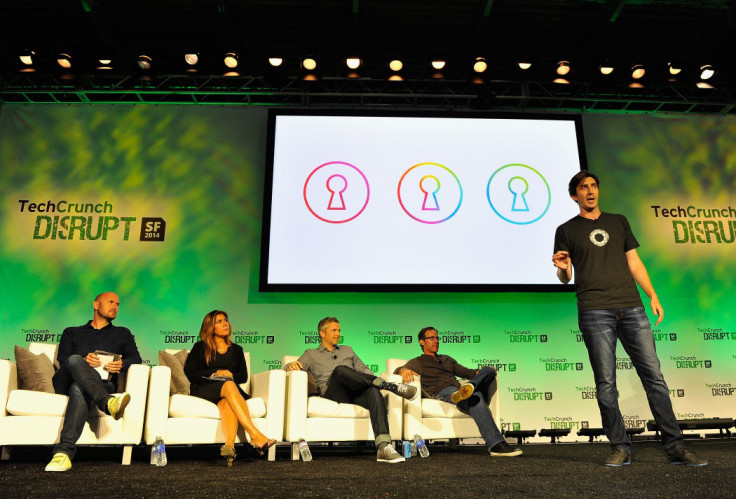Gem prescribes blockchain solutions for healthcare sector

Blockchain technology provider Gem is working with a number of partners in the healthcare sector where its shared ledger and data security platform is taking use cases from prototype to production.
Gem kicked off 2016 with $7.1m Series A funding. The company has an auspicious history, creating the hierarchical deterministic wallet for bitcoin, which became an industry standard. Gem CEO Micah Winkelspecht told IBTimes UK: "We have been getting a huge amount of increased interest in the healthcare space specifically.
"The healthcare industry is looking at how they can use blockchains in a number of ways: to transport medical records from provider to provider and build those sorts of networks; as well as how they can use health data generally to incentivise people to be healthier, to build reward systems around healthy behaviour using IoT devices, all sorts of stuff."

Gem is under NDA with a number of companies in the healthcare space and announcements are imminent. The goal is to create a golden record of health data that is secure and transferable.
"We are talking about how we can combine all of the data that's collected across your entire health experience into a single system that transports across multiple companies. We are partnering with those companies from prototype to production, and its a very exciting collaboration."
Gem has a core platform for building blockchain application layer solutions comprising four products - Gem Identity, Gem Logic, Gem Data and Gem Network. The four components used together can build an entire blockchain ecosystem and application.
Winkelspecht said the company fielded lots of interest about applying this technology to the broader financial world in 2015, and in the last six months particularly there has been a big uptake in interest from non-financials like healthcare, media, IoT and IT infrastructure. In these contexts, data integrity and identity are fundamental to infrastructure upgrades.
"Identity is a huge component of what we do. In a blockchain your ID is managed by public key/private key cryptography so you are using private keys to create digital signatures to authorise and sign any transaction on that network. We have been meeting with banks to solve identity problems with this technology; conversations we have been having for over a year.
"Blockchains provide strong data integrity which doesn't just apply to the financial world, but applies to every major business. All of our systems rely on underlying data to make business decisions.
"If we record a hash of a document or a record and we put it on the blockchain it gives guarantees; it becomes impossible or very difficult to compromise that data and change it later. You know your data is tamper-proof and you have time stamps of everything. That is the foundation layer of building all types of automated systems."
Recent fintech reports, taking the temperature of blockchain hype, placed healthcare as a laggard when it comes to trumpeting use cases, possibly because of strong data privacy rules which vary from place to place. But Winkelspecht pointed out healthcare was one of first sectors to start looking at the technology.

"We are doing on-site education with key stakeholders in the space. We are helping them to identify use cases in their businesses and ultimately build those out all the way from a proof of concept to production applications. We are doing that for several companies in the space.
"As I said, we are seeing a big move to data from just financial transactions. There's a wave of enterprises looking at applying blockchain technology to provide strong data integrity."
Asked about the evolution away from purely working with APIs on the public Bitcoin blockchain, Winkelspecht said: "I'm still a huge supporter of Bitcoin. And I'm still bullish on some sort of public infrastructure over the long term. It's like the internet/intranet example: today everybody puts their data into the cloud."
© Copyright IBTimes 2025. All rights reserved.






















